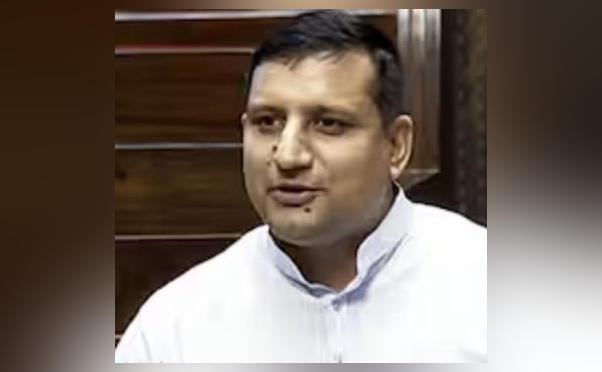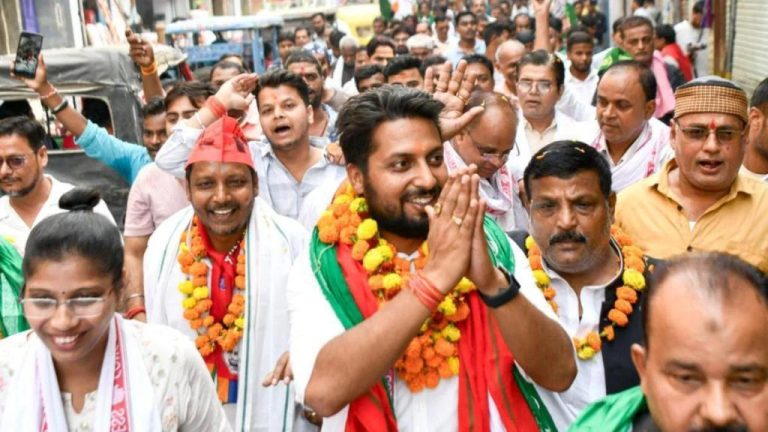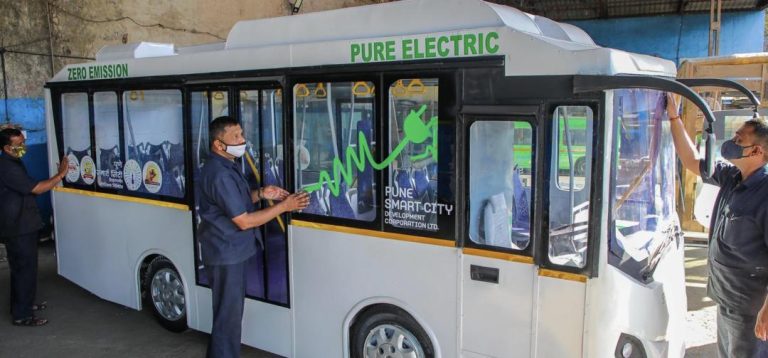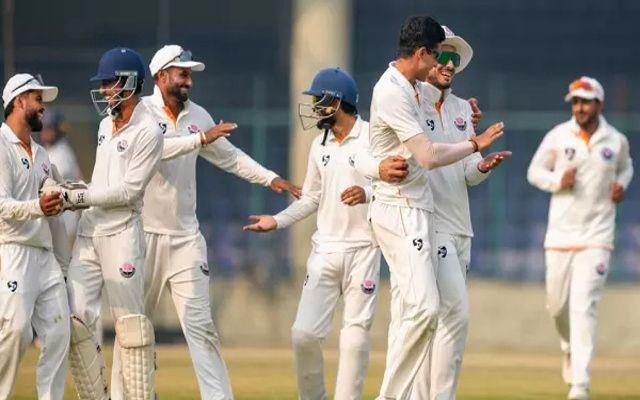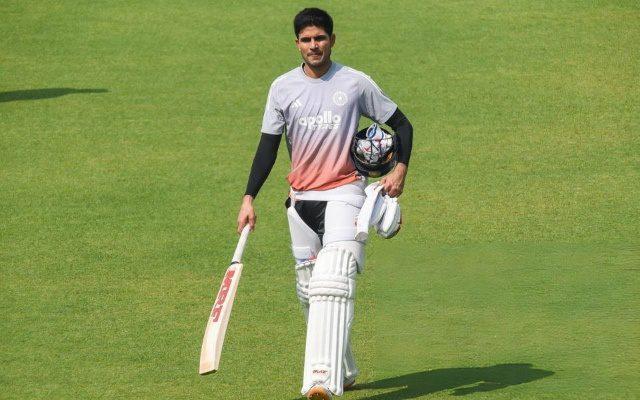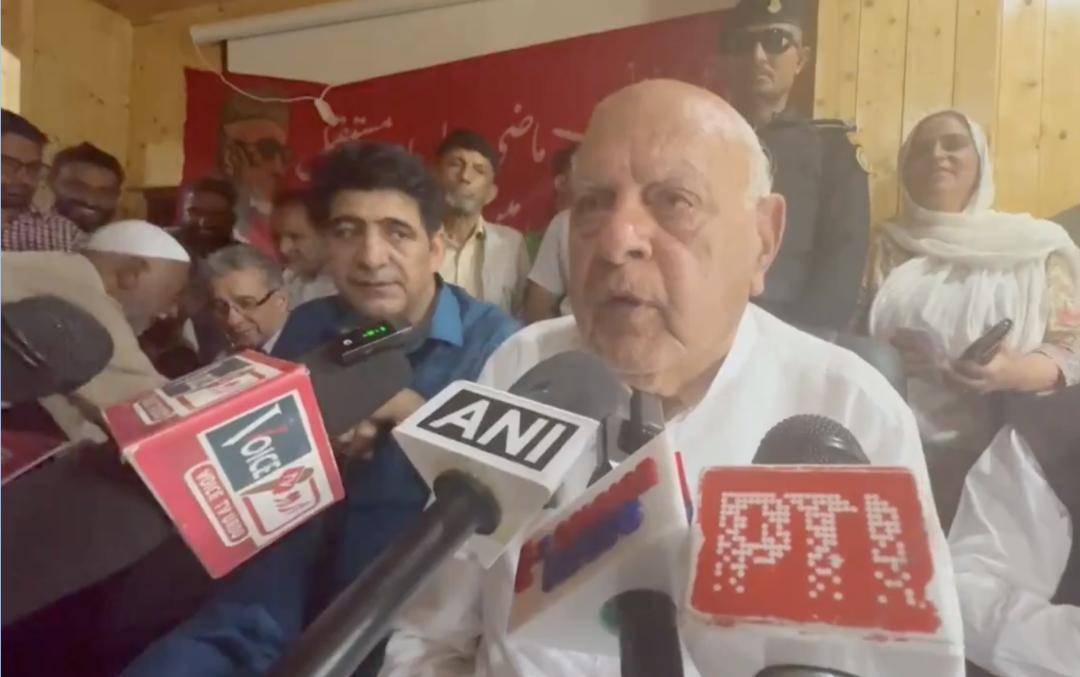
Title: Will move SC over J&K statehood restoration delay: Farooq Abdullah
The political dynamics in Jammu and Kashmir have been witnessing a series of developments since the abrogation of Article 370 in August 2019, which stripped the state of its special status. The move led to the reorganization of the state into two Union Territories – Jammu and Kashmir, and Ladakh. Since then, various political parties and stakeholders have been demanding the restoration of statehood to Jammu and Kashmir. The latest development in this regard is a warning issued by National Conference (NC) President Farooq Abdullah, who has threatened to approach the Supreme Court if there is an inordinate delay in the restoration of statehood.
In an exclusive interview with Hindustan Times, Abdullah emphasized that his party will not hesitate to approach the apex court if the central government fails to address the demand for statehood. “After the elections, people wanted their issues to be resolved immediately, but statehood (not being restored) is stopping us,” he said.
Abdullah’s warning comes at a time when the NC is struggling to regain its lost ground in the region. The party had a significant presence in the state’s politics, but its leadership has been facing challenges since the abrogation of Article 370. The party’s senior leaders, including Abdullah, have been critical of the central government’s move, terming it as an attack on the state’s autonomy and identity.
The restoration of statehood to Jammu and Kashmir has been a long-standing demand of the NC and other regional parties. The party has been arguing that the central government’s move to reorganize the state into two Union Territories was unconstitutional and went against the wishes of the people of Jammu and Kashmir.
Abdullah’s warning to approach the Supreme Court is likely to put pressure on the central government to reconsider its stance on the restoration of statehood. The NC President’s statement is significant, as it comes at a time when the party is struggling to regain its lost ground in the region.
The central government’s move to reorganize Jammu and Kashmir into two Union Territories was met with widespread protests and resistance from various quarters. The move was seen as an attack on the state’s autonomy and identity, and many felt that it would lead to the erosion of the state’s cultural and linguistic identity.
The NC, along with other regional parties, has been demanding a rollback of the central government’s decision to reorganize the state. The party has been arguing that the decision was taken without consulting the people of Jammu and Kashmir and without considering the consequences of such a move.
Abdullah’s warning to approach the Supreme Court is likely to have significant implications for the central government. The NC President has been a vocal critic of the central government’s move, and his party has been demanding a rollback of the decision to reorganize the state.
The Supreme Court has been hearing a batch of petitions challenging the central government’s move to reorganize Jammu and Kashmir into two Union Territories. The court has been critical of the central government’s decision, saying that it was unconstitutional and went against the wishes of the people of Jammu and Kashmir.
The NC President’s warning to approach the Supreme Court is likely to put pressure on the central government to reconsider its stance on the restoration of statehood. The NC has been arguing that the central government’s move to reorganize the state was unconstitutional and went against the wishes of the people of Jammu and Kashmir.
In conclusion, Farooq Abdullah’s warning to approach the Supreme Court over the delay in the restoration of statehood to Jammu and Kashmir is a significant development in the region’s political dynamics. The NC President’s statement is likely to put pressure on the central government to reconsider its stance on the restoration of statehood, and it is likely to have significant implications for the region’s politics.

